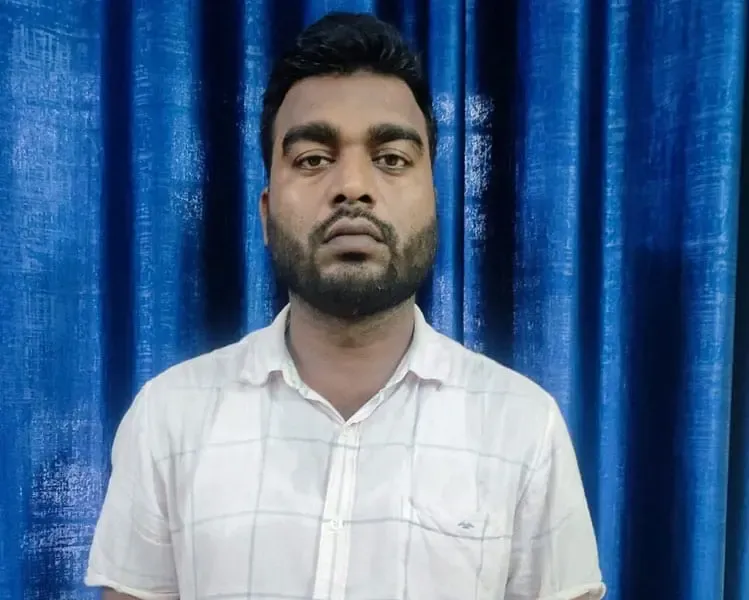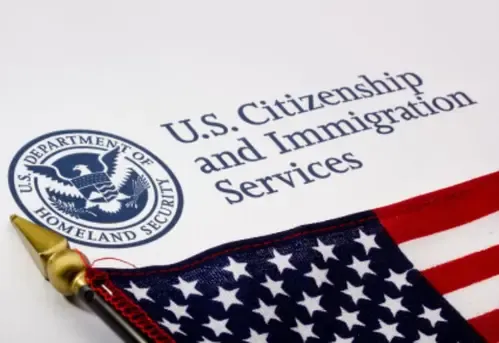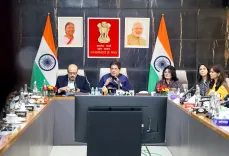Why was the PFI Bihar President Arrested by NIA in the Phulwari Sharif Criminal Conspiracy Case?

Synopsis
Key Takeaways
- Mahboob Alam arrested as part of a criminal conspiracy investigation.
- The case involves anti-national activities by PFI members.
- The arrest may provide crucial information regarding PFI operations.
- Investigations continue under the IPC and UA(P) Act.
- Security agencies are intensifying efforts to apprehend remaining PFI members.
New Delhi, Sep 13 (NationPress) – The National Investigation Agency (NIA) apprehended the Bihar state head of the outlawed Popular Front of India (PFI) on Saturday as part of the ongoing investigations into the 2022 Phulwari Sharif criminal conspiracy case.
Mahboob Alam, also known as Mahboob Alam Nadvi, hails from the Hasanganj locality in Katihar, Bihar, and was captured in Kishanganj. This marks his status as the 19th individual to be arrested and formally charged in this case, which originally involved 26 suspects registered by local law enforcement.
According to an NIA statement, the case RC-31/2022/NIA/DLI pertains to PFI affiliates engaging in illegal and anti-national operations designed to foster an atmosphere of fear through religious discord among various faiths and communities.
This case concerns actions detrimental to societal peace and harmony, intended to disturb public order and incite animosity towards India, thereby endorsing the application of criminal force.
PFI members have purportedly instilled fear in the populace by propagating the organization’s ideology to establish Islamic governance in India, as indicated in their confiscated vision document titled “India 2047: Towards Rule of Islam in India, Internal Document: Not for circulation”.
Mehboob Alam was implicated in the PFI conspiracy outlined in the aforementioned document, which was seized from Ahmad Palace in Phulwarisharif, Patna, on July 11, 2022.
Alongside co-accused individuals, he allegedly participated in recruitment, training, meetings, and other anti-national activities linked to PFI, according to NIA inquiries.
He is also accused of raising funds and distributing them to fellow conspirators and PFI operatives.
Investigations under the IPC and UA(P) Act are ongoing.
It’s imperative to note that the security services are diligently working to apprehend members of the now-banned PFI, and the arrest of the Bihar PFI president is anticipated to yield significant insights into the Phulwari Sharif criminal conspiracy case.










